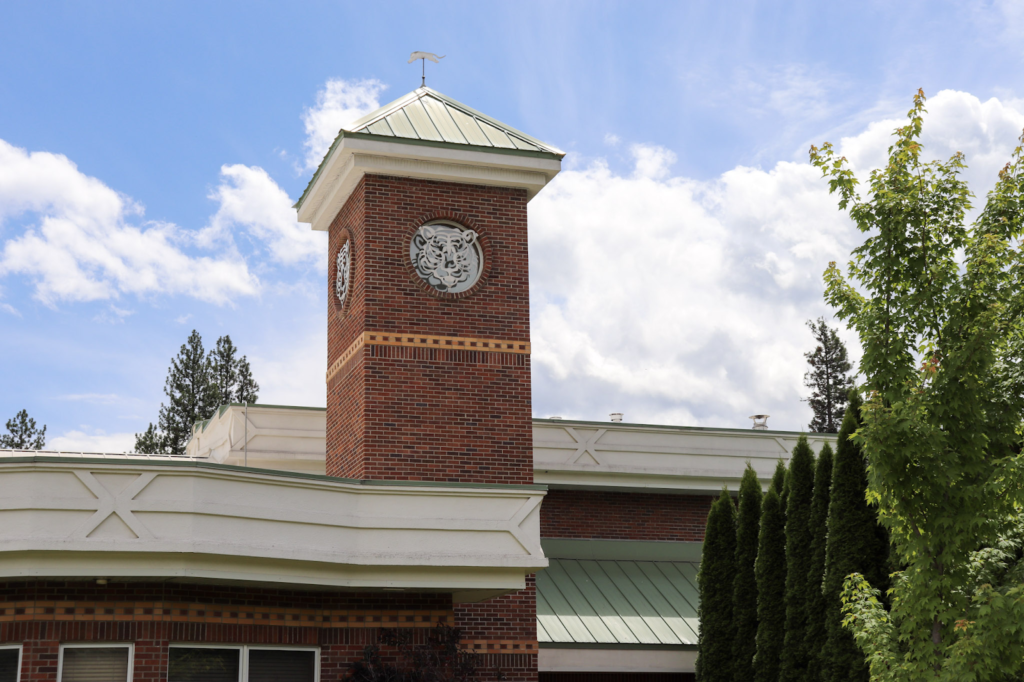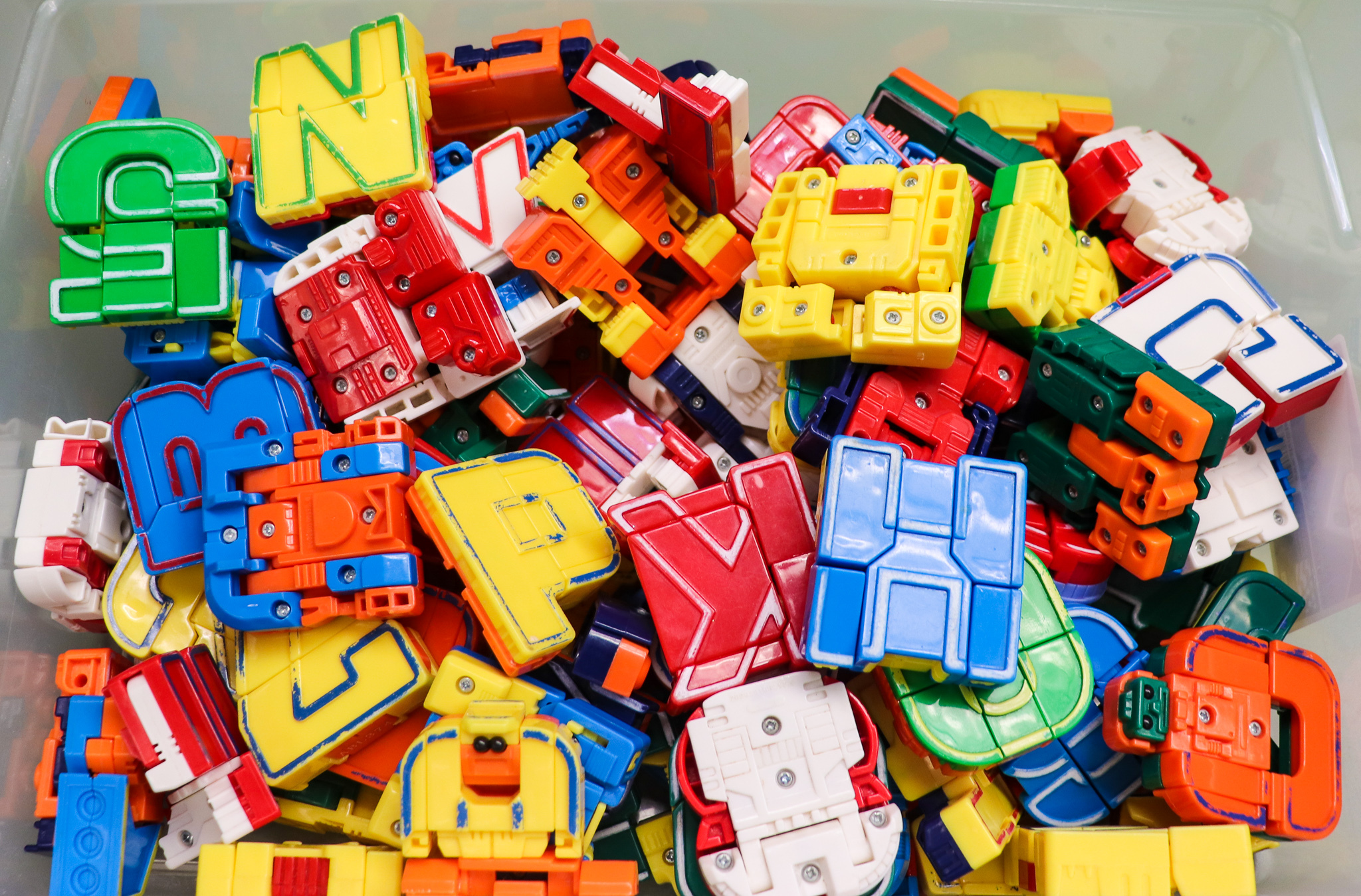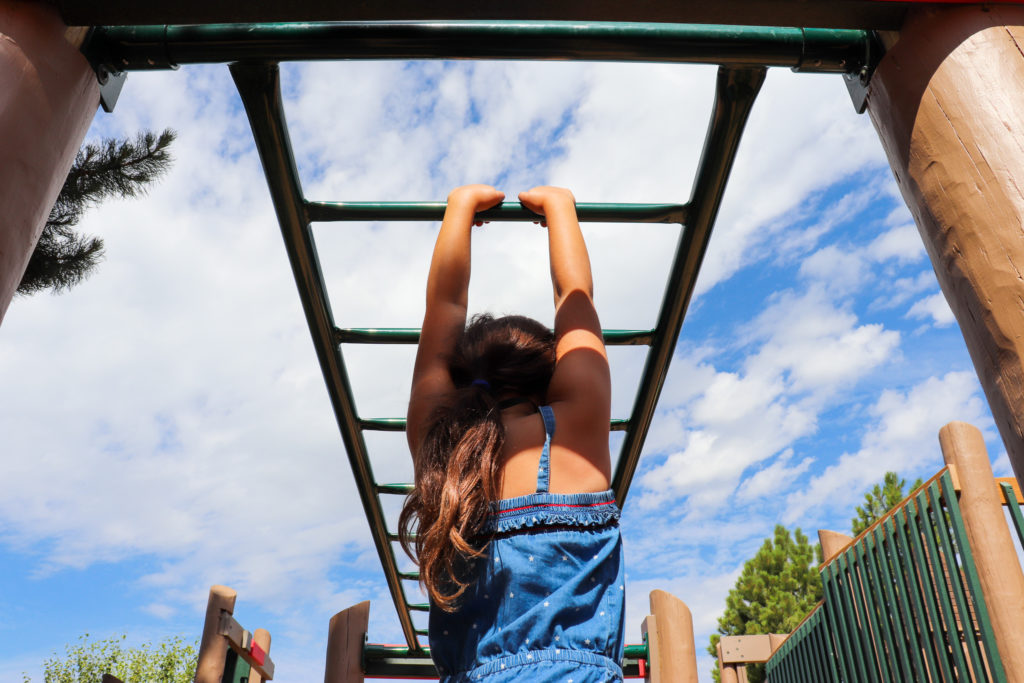Jul 1, 2021
Partners Highlight: Schools
As the school year comes to a close, we want to take a moment to recognize the incredible work our schools do every year (and this one in particular) to support Montana’s children and families. We know the past year challenged families, students, educators, and everyone working within our schools in new ways and required everyone to rise to meet new demands and address the needs of communities in different ways. The pandemic demonstrated the absolutely essential role schools play in our communities beyond what takes place in the classroom. Whether providing healthy meals for children, safe spaces for young people to grow and learn, or other school-based supports for kids and families, our schools play a critical role in helping our communities to thrive. Thank you to everyone who makes our schools the wonderful places they are and for everything you all do to support children and families in our communities. If you have a story or example from your school that you’d like us to highlight, please send it to us!
Be well,
The Headwaters Team
Partner Spotlight: St Regis School District

St. Regis School District has taken a unique approach to addressing the needs of the 177 students they serve in their rural community where families experience high rates of poverty. They recognize that students who are dealing with the impacts of poverty are not in a mindset for learning. Therefore, they work to meet students’ social-emotional needs first by providing a safe learning environment and tools to help them build resilience through mentoring by their staff. One of the innovations they’ve implemented is the Taking Responsibility Classroom (TRC) to support students who do not qualify for mental health support from Medicaid, but who struggle in the classroom with behavioral issues or who come to school dealing with difficult issues at home due to poverty.
The St. Regis school leaders know that students who experience trauma daily have a more difficult time focusing and regulating their emotions. The TRC classroom supports students in grades K-12 by teaching coping techniques to handle stress and emotions, while validating the student and his/her emotion. The staff member focuses on building a trusting relationship with the students so they have someone who they can go to in a time of crisis. The goal of the program is to help students look past their current situation to see what their future can be and to give them tools to better control their behavior and emotions so they can be productive citizens and people.
An interview with Joe Steele, St Regis School Superintendent
What is something that you’re especially proud of in the St. Regis School District?
The staff at St. Regis have a genuine love for our students. They care deeply and do everything they can to help each student. Many of our staff go outside their job description to assist children and advocate on a child’s behalf to other staff members to find solutions to an issue.
What did you learn from the pandemic?
School closures forced us to look at how we educate students. We were a step ahead in that we were already personalizing learning in a blended model. Incorporating virtual classrooms took us to the next level. There is still work to be done to learn how to better integrate the virtual space into the classroom, but I think that is where education is going. The information age and the future of work has also made us look at what students really need to learn and be able to do. Keeping student creativity alive throughout their educational experience will benefit them in the workplace. Helping them become critical thinkers, problem solvers and relational thinkers will benefit students much more than memorizing information that is at their fingertips.

You have a unique approach to meeting students’ social-emotional needs in order to help focus on education needs. Can you share how you accomplish this in your schools?
We do things differently in St. Regis. First, students have a mentor that they can go to to help them set goals, discuss why they didn’t meet their goals, or what they did to successfully achieve their goals, and discuss steps they need to take to achieve personal goals. Mentors talk about more than just academics, but life in general.
Second, the TRC room helps students reflect on poor decisions and teaches ways to help students make better choices. This can be giving them skills to use when they find themselves in a situation that could get them into trouble.
We teach that mistakes are a part of the growing process, but we need to reflect on those mistakes so we don’t make them again. In addition, we teach students that mistakes and their current situation does not define who they can be as a person.

What are you most focused on or concerned about for the 2021-2022 school year?
Safety is always a concern for school leadership. We were fortunate in that we were able to bring students back this year for most of the year. Next year we will refine some of the safety strategies so we can keep kids in the building the whole year. There are some changes occurring in the district that may cause some concern, but I am confident the principal, Shaun Ball, will be able to address those concerns.
What makes you hopeful?
Knowing that St. Regis provides a safe and caring learning environment and seeing the smiles on our students and staff faces makes me hopeful. We truly have a great school here and that starts with having caring and committed people.
To learn more about St. Regis School District, please visit them here.
Grantee Snapshot: Plains Elementary School

Plains Elementary School is dedicated to offering enrichment opportunities to students that support the social/emotional, academic, and physical health of our students particularly during the summer months. School assessment results have consistently shown a dip in scores each fall when our students return for the school year.
One of their main goals with a summer activities program is to keep students engaged in positive and healthy learning during the summer months. Positive engagement during the summer has been shown to minimize the academic “summer dip” that schools see in the fall. By offering summer activities, they can also ensure that a larger population of our students will be able to participate in the federal summer lunch program offered through the school by scheduling activities to coincide with the designated lunch time offering. Thank you, Plains Elementary!